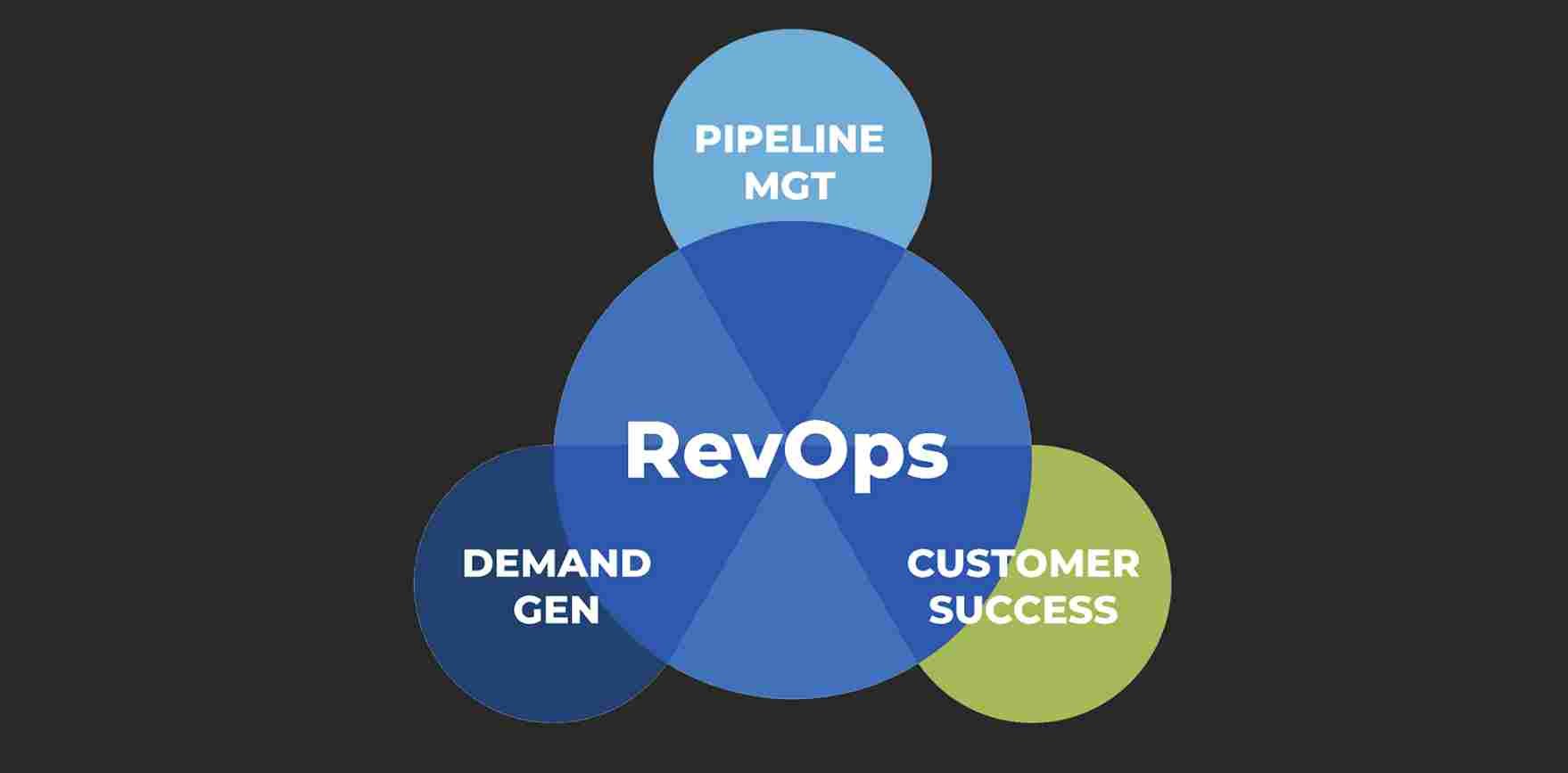Social Media Requires Decorum
You know how much you love to log into Facebook, Twitter, or the recently launched Google+, to share information or update your status. Whichever way you like using your social platforms, it is important to learn the social graces of social media, which have become integral parts of our lives. Many people believe that they can do as they please with their social media accounts.it is not uncommon to hear someone say,” it is my account, and I can use it as I can see fit.”
This may be true to an extent but it is vital to understand that it is a social network meaning you are not using it alone. You have to be considerate of others, more so because online communication lacks tone and body language, which would normally help regulate face-to-face interaction. Social media guidelines are not engraved in a stone but generally agreed for better interaction on social media. They also cannot be exhausted here, as there exist many social platforms used differently. Below are a few common ones that may apply to social media that are frequently used.
Think before you Post
When in doubt whether or not to share something online it is better not to share it. The internet really has no delete button. In fact, the general rule of thumb is – if you would not say it in a normal conversation, do not say it on social media.be careful about what you say or share. You never know who sees it and how it may affect them. Also if you are commenting or responding to something someone has posted, ensure that your comments are meaningful and respectful, that there is no spam (irrelevant or inappropriate messages sent ion the internet to a large number of recipients) or remarks that are off-topic or offensive.
In addition, avoid responding to or initiating inflammatory messages. If you really feel the need to reply to one, do not do it immediately. Give yourself time to think and come up with an appropriate and objective response. In fact, it is best to send a private message, especially if your response is negative.
Avoiding giving TMI (Too Much Information)
Someone once lightly said that there was a thin line between “I should tweet that” and ” I should talk to my therapist about that” How many times have you or someone you know posted information considered too personal on Facebook or Twitter? Efrain from sharing such on social media. Private conversations should also be kept out. Use private inboxes, email or chat if you have to share information that is not for everyone’s eyes. Keep venting frustrations to a minimum. No one likes a complainer
In the same breath, do not put too much information on your profile. Avoid giving details about where you live or about your children if you have any, among their personal information, for your own safety. The internet is not private.
Photos
No one is really interested in seeing a photo of you drunk and passed out at a party. Avoid posting photos of yourself in compromising positions, suggestive photos of anything that may be deemed offensive by others. It paints you in a negative light. Also do not post photos or tag people in photos without their permission, especially if they are not close friends. Regarding photos, it’s always good to have a photo of yourself on your profile as people like to see who they are interacting with online. Most people do not like to speak to cartoons or company logos.
Avoid text speak
Do you get ticked off when someone writes “Cn wi tlk l8r n 2de?”Space limitation on social media platforms is not common enough to warrant one to write one in such a manner. Communicate clearly and in a way that can be understood.
It’s not all about you.
People get tired of people who talk about themselves constantly. Social media is for social networking. Interact with people. Start conversations, share information and comment on the information others share. People are willing to listen to and engage with those who do the same.





